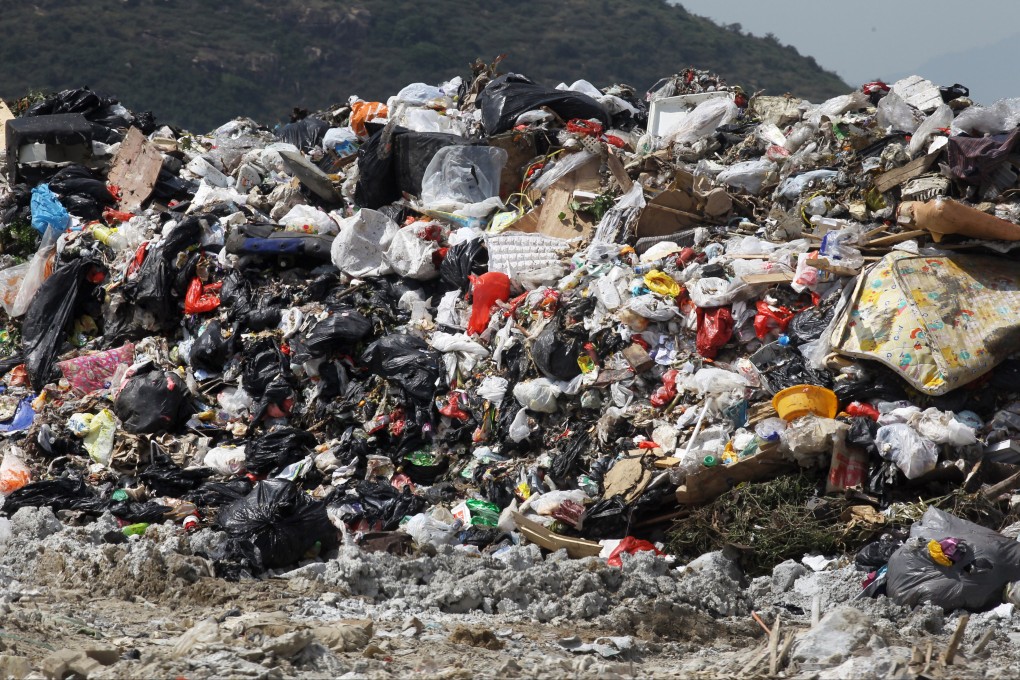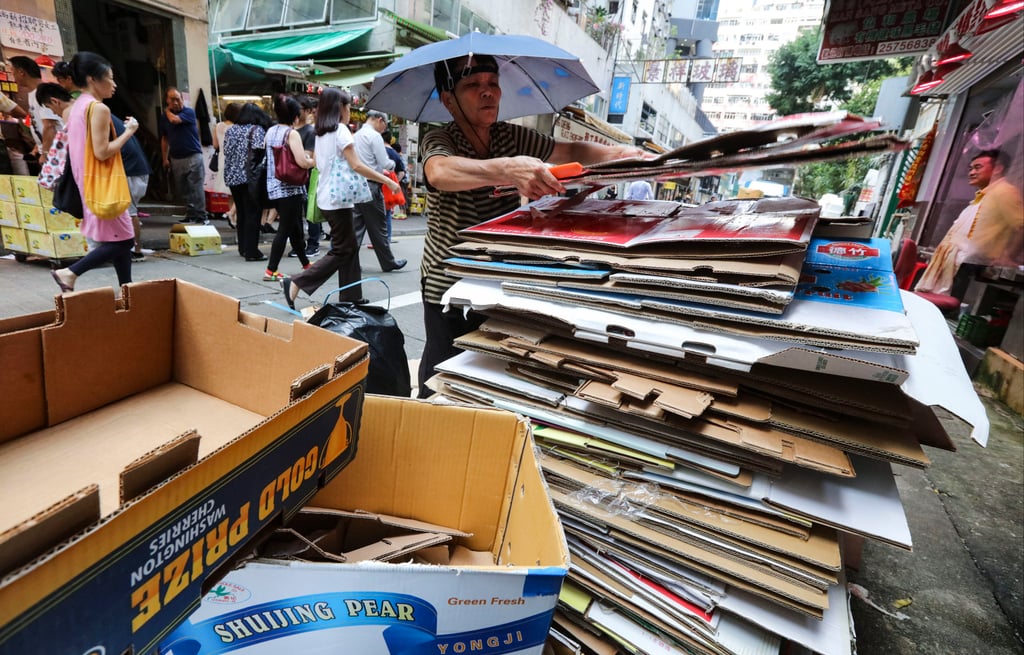Editorial | Enough time wasted on Hong Kong charge for rubbish
- That it has yet to impose such a fee after nearly two decades says a lot about government determination to tackle crisis

Unlike one’s rubbish, which is forgotten after it is put out for collection, Hong Kong’s mounting municipal waste crisis cannot be swept under the carpet for long. It is good to hear that the government, despite another blow to the much-delayed waste charge, has vowed to implement it as planned this year.
The city has taken too long to get this done. Better preparation is needed so that an effective scheme can be in place as early as possible.
We hope Secretary for the Environment and Ecology Tse Chin-wan was not just paying lip service to the initiative when he reaffirmed the official commitment to impose the charge by the end of the year. If previous setbacks are any reference, the latest failure to secure a manufacturer of special rubbish bags may drag out the process further.
The government has had to relax requirements for a new tender after prices quoted last year were higher than expected. The stalemate, green groups fear, may delay the implementation of the charge by at least six months.

Tse said the “overall time frame should be similar” but, even if that is the case, questions have been asked as to whether the scheme will be heavily watered down. For instance, the new tender only requires bags to be made of at least 20 per cent recycled materials, down from the previous 50 per cent, to help cut costs.
